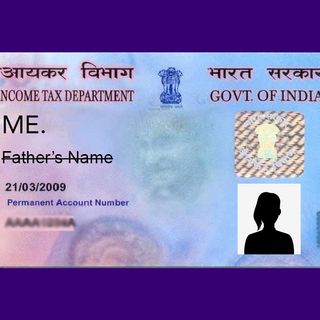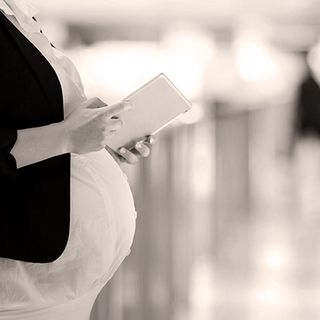The West Bengal government has announced its intention to lengthen paternity leave for government employees and employees of government facilities. If approved, the amount of time at home new fathers can avail would increase from 30 days to 45, reports Hindustan Times. Furthermore, such leave would also be available to men who support a dependent female relative who has given birth.
The plan was approved by the state’s personnel and administrative reforms department (P&AR) last week, and is to be presented to the state cabinet soon. The proposal has yet to be confirmed by the Bengal Health Minister Chandrima Bhattacharya, who has stated any plan once approved by the state cabinet will be officially announced in time.
If approved, the plan will affect a total of around 700,000 Indians from various government bodies, including state government employees as well as police personnel, employees of municipal corporations, municipalities, panchayats, state-aided educational institutions and other state government undertakings.
Currently, paternity leave for West Bengal government employees is 30 days and limited to married men with biological children. The new proposal will now include fathers of adoptive children as well. It is unclear whether the policy would cover single men who have become fathers via surrogacy.
The paternity cum child-care leave will be applicable under two situations, according to a P&AR official who spoke with Hindustan Times. The first scenario would be when a man’s daughter, sister, daughter-in-law or sister-in-law becomes a widow while pregnant. The second situation would be when a woman lives with her father, brother, father-in-law or brother-in-law while her husband lives apart for work reasons.
While it is difficult to find fault with a move toward more equal family leave, it is curious that the policy doesn’t seem to apply to women who support female relatives who have given birth. The fact that a decent policy could have easily been made much better, but wasn’t, hints that critics might be correct; some are calling the proposal an act of appeasement, after comparatively low cost of living increments for government employees, and before the 2019 general elections.




